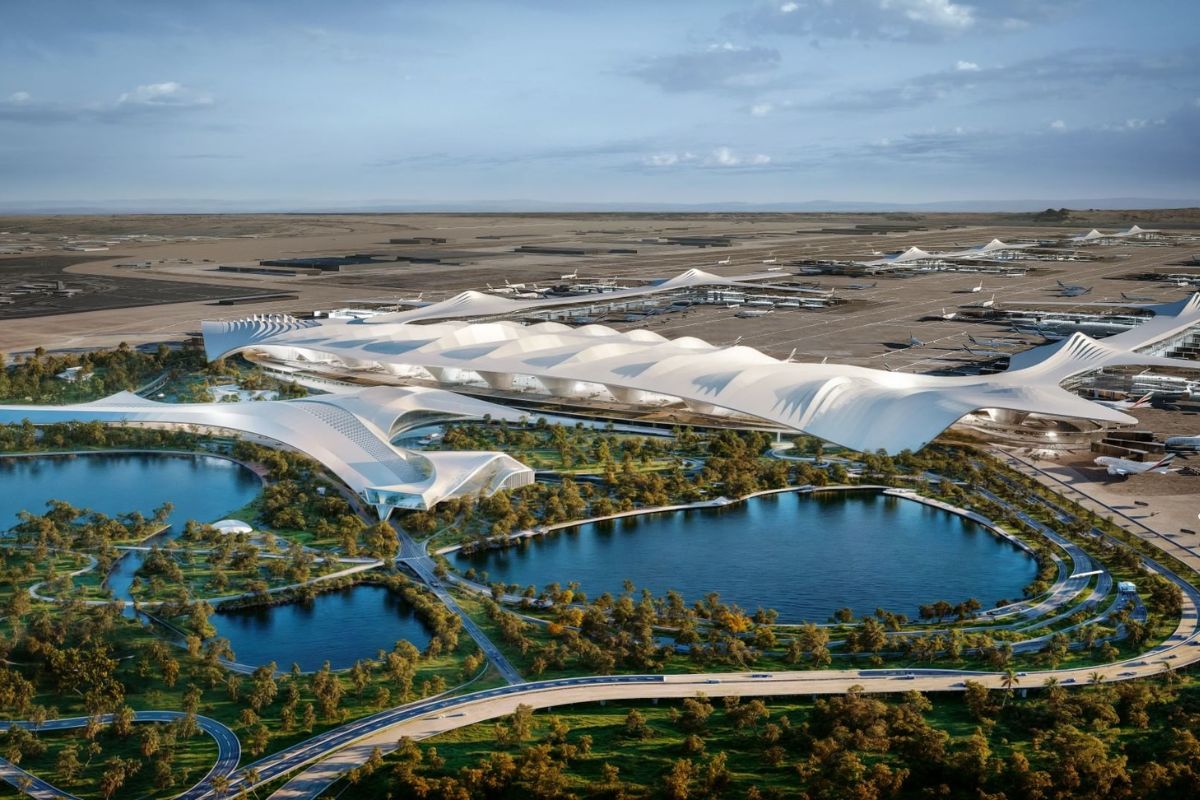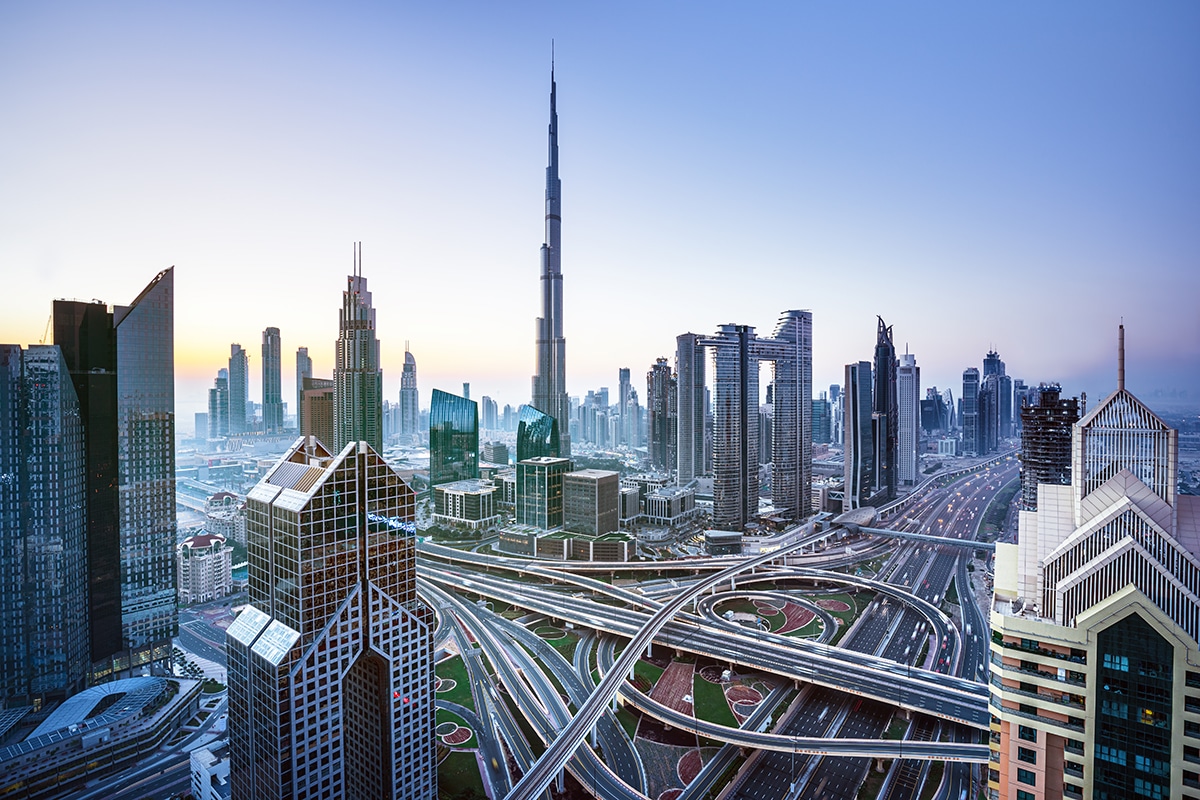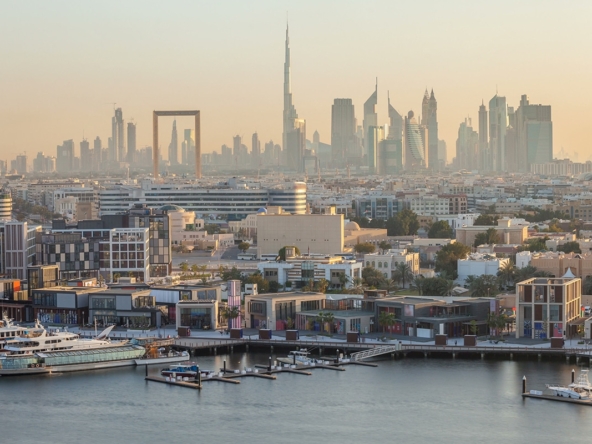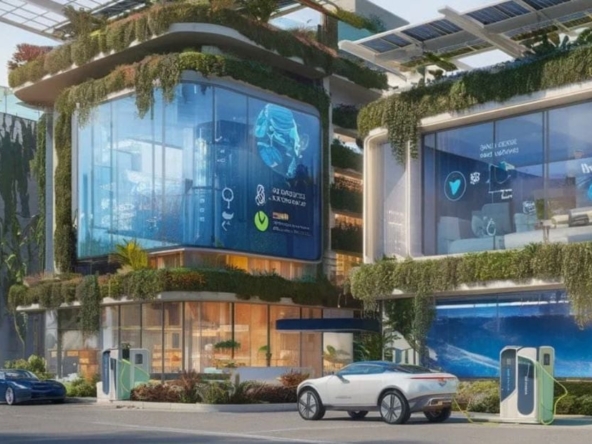Massive investments earmarked for infrastructure development is a reflection that Dubai’s leadership recognises long-term success requires inclusivity, experts said.
Emerging neighborhoods like Al Furjan, Jumeirah Village Circle, and Dubai South are anticipated to play pivotal roles in shaping Dubai’s residential real estate market by 2025. Developers are strategically shifting their focus beyond traditional hotspots to meet the growing demand for affordable housing, industry experts suggest.
Significant investments in public transport, urban connectivity, and mixed-use projects are set to drive this surge in demand. These neighborhoods are becoming increasingly accessible and appealing to investors, residents, and businesses alike.
“This infrastructure-led growth will be crucial in 2025, addressing the rising interest from mid-income investors while balancing market supply and reducing oversupply risks,” stated Farooq Syed, CEO of Springfield Properties, in a conversation with Arabian Business.
“Developers are responding to these opportunities by expanding into new neighborhoods, offering modern housing options at competitive prices,” Syed added.
The trend is expected to extend growth beyond established areas, redefining Dubai’s real estate landscape this year.
Infrastructure as a Growth Catalyst
Experts agree that infrastructure-led development will remain central to Dubai’s real estate strategy for 2025.
Areas like Dubai South, anchored by Al Maktoum International Airport, are emerging as key players in the emirate’s economic trajectory. Positioned as hubs for logistics, commerce, and affordable living, Dubai South exemplifies the city’s vision for addressing long-term demands and attracting international businesses.
Massive investments in infrastructure underscore the emirate’s commitment to inclusive growth. “These initiatives encourage developers to create modern, cost-effective homes, bridging the gap for mid-income families and residents,” noted a senior executive from a local proptech firm.
According to Springfield Properties’ CEO, developers are also integrating smart technology into homes, emphasizing energy efficiency and automated systems.
“This approach is both environmentally conscious and ensures the future relevance of Dubai’s real estate market,” he remarked. “It appeals to global investors and younger buyers who prioritize innovation and sustainability.” As the world shifts toward sustainable practices, Dubai is already leading the charge.
Dubai’s Luxury Market Evolves
Dubai’s luxury real estate market remains a cornerstone of its success and is expected to flourish in 2025.
The city continues to attract high-net-worth individuals, prompting developers to deliver ultra-exclusive properties that redefine modern luxury.
“Branded residences, waterfront projects, and bespoke villas will dominate demand in 2025,” Syed noted.
Policies that simplify residency, promote business-friendly environments, and ensure tax efficiency further enhance Dubai’s luxury appeal.
“For international buyers, Dubai is more than a luxury destination – it offers security, opportunity, and an unparalleled lifestyle,” he explained.
The Golden Visa program, which provides long-term residency to investors and professionals, continues to bolster confidence in Dubai’s real estate market.
As Dubai advances into 2025, the city’s vision emphasizes sustainability, balance, and inclusivity.
“This is not a pause but a purposeful recalibration to ensure growth remains robust and meaningful,” Syed concluded.



